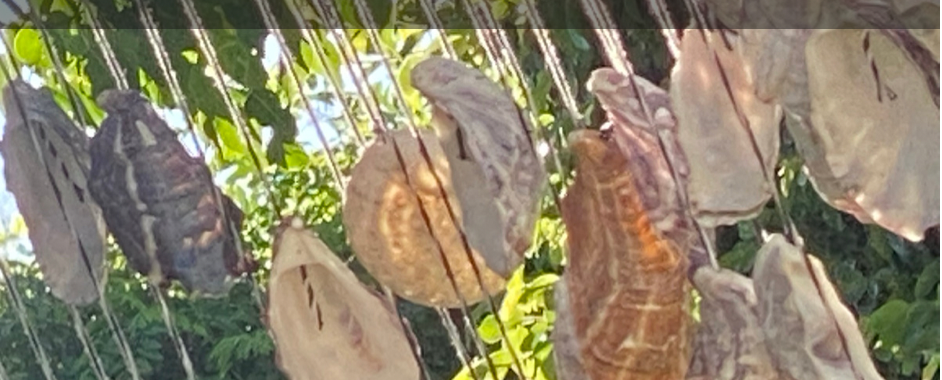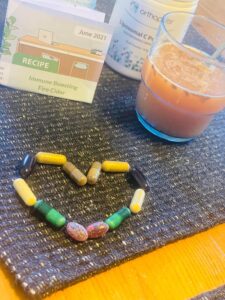Did you know there are keys to unlocking our cellular immune defence to exert a rapid antiviral action can be found in foods such as oysters and sunflower and pumpkin seeds, leafy greens and bright orange, yellow and purple foods?
A key to unlocking our cellular immune defence to exert a rapid antiviral action can be found in zinc ionophores.
Quercetin has been identified as a zinc ionophore, which reflects the flavonoid’s capacity to efficiently facilitate intracellular uptake of zinc.1 It is this elevated level of intracellular zinc, influenced by zinc ionophores, that has been shown to directly disrupt and prevent the replicative cycle of various RNA viruses.2
An ionophore is a compound that reversibly binds to ions, to aid their transportation across the cellular membrane.
Quercetin, as a zinc ionophore, essentially provides a gateway to reversibly bind zinc cations (Zn2+) and transport them across the neutral cellular membrane, independent of zinc transporter proteins.3 This increased intracellular zinc provides the protective level required to impede viral replication. It also enables the cellular terrain to change dramatically and support cellular virus resistance when zinc homoeostasis and intracellular concentration is tightly regulated by metallothionein, and usually maintained at a low level.1
Quercetin was shown as a zinc ionophore in 2014 after high levels of zinc were seen to be transported across a liposomal membrane system.1
Other zinc ionophores in the study included the pharmaceutical Clioquinol and another naturally sourced flavonoid, epigallaocatechin-gallate, found abundantly in green tea. Both were shown to exert the same effect as quercetin on intracellular zinc levels when combined with zinc.1 The observed elevation of intracellular zinc was reversed when the ionophore compounds were removed. In addition, the actions of zinc ionophores are dose dependent, requiring sufficient baseline levels of serum zinc to support intracellular zinc uptake.3
Current research is further exploring the benefits of co-prescribing zinc with quercetin for its zinc ionophore capacity, to confer prophylactic and therapeutic actions against (retro)viral infections.3 Interestingly, and perhaps as nature intended, zinc has also been shown to enhance the uptake and bioavailability of polyphenols, including quercetin.
For this another functional nutrtional medicine treatments and recipes to help your immune system be as strong as it can be please call Michelle for a brief consult.
Information sourced from Bioconcepts Practitioner Education references available upon request




